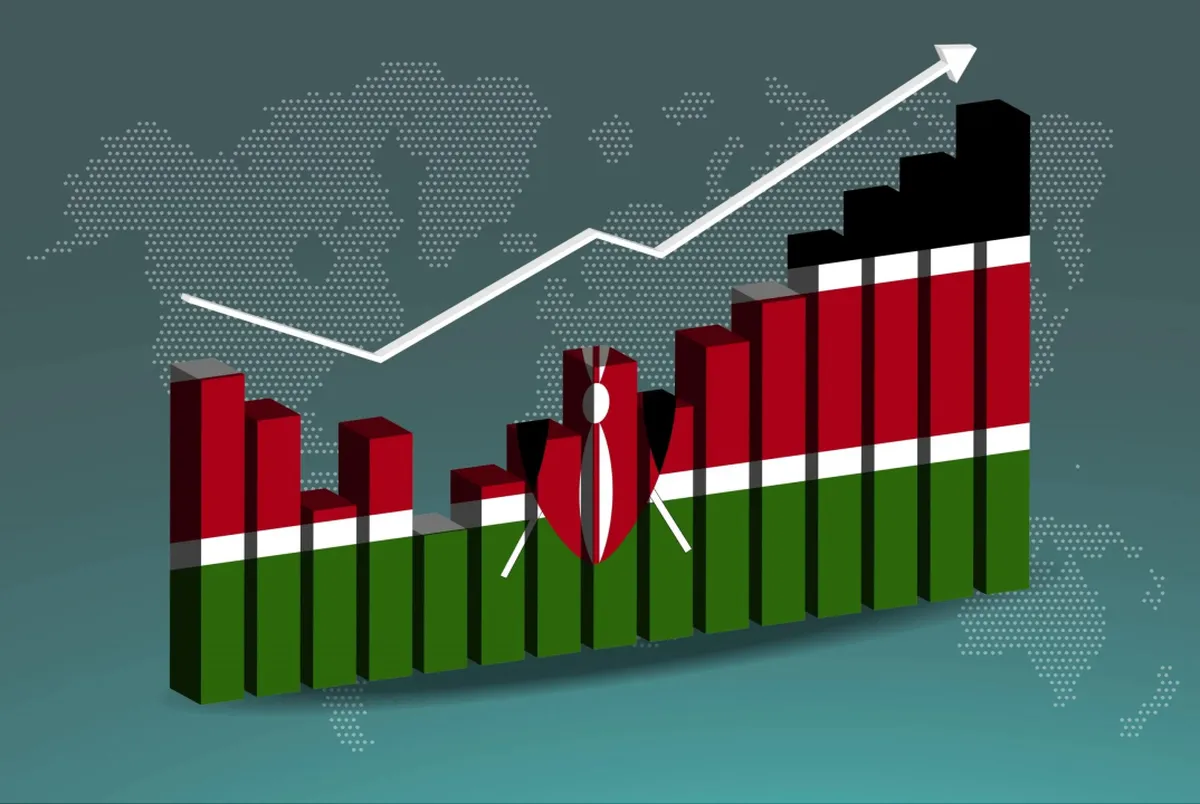Kenya Says Economy on Recovery Path despite Challenges

The Cabinet, chaired by President William Ruto in Nairobi, said that all macroeconomic indicators are signaling a positive turnaround for the economy.
"The Cabinet noted that the Administration's efforts over the past two years to turn around the economy had successfully set the country on a path to renewal, marking the start of a new era of economic renaissance," the presidency said in a statement.
Inflation declined substantially to 2.7 percent last month, down from a high of 9.6 percent in September 2022, marking "the lowest inflation rate since 2007," it said.
The presidency added that the prices of various types of food, particularly maize, beans, and peas, had decreased over the past year.
Foreign exchange reserves at the country's Central Bank are at an all-time high of 9.5 billion U.S. dollars, an increase of 2.4 billion dollars, equivalent to 4.4 months of export cover. The forex reserves have been on an upward trajectory since September, with last week's surge following the International Monetary Fund (IMF) approval of a 606.1 million dollar loan to the East African nation on Oct. 31.
The presidency said the country's economic growth has remained steady and ranks among the highest globally, with 5.6 percent growth in 2023 and an estimated 5 percent growth this year and 5.6 percent next year.
The IMF has projected Kenya's real gross domestic product growth to be 5 percent in 2024 and 2025, noting that the economy remains resilient, with growth above the regional average, inflation decelerating, and external inflows supporting the shilling and a buildup of external buffers, despite a difficult socio-economic environment.
The Cabinet meeting also said that interest rates are beginning to decrease, which will lower domestic interest rate costs and create fiscal space.
According to the Cabinet, Kenya Revenue Authority's tax collections have grown by double digits, increasing by 11.5 percent in the year to June.
4155/v





















